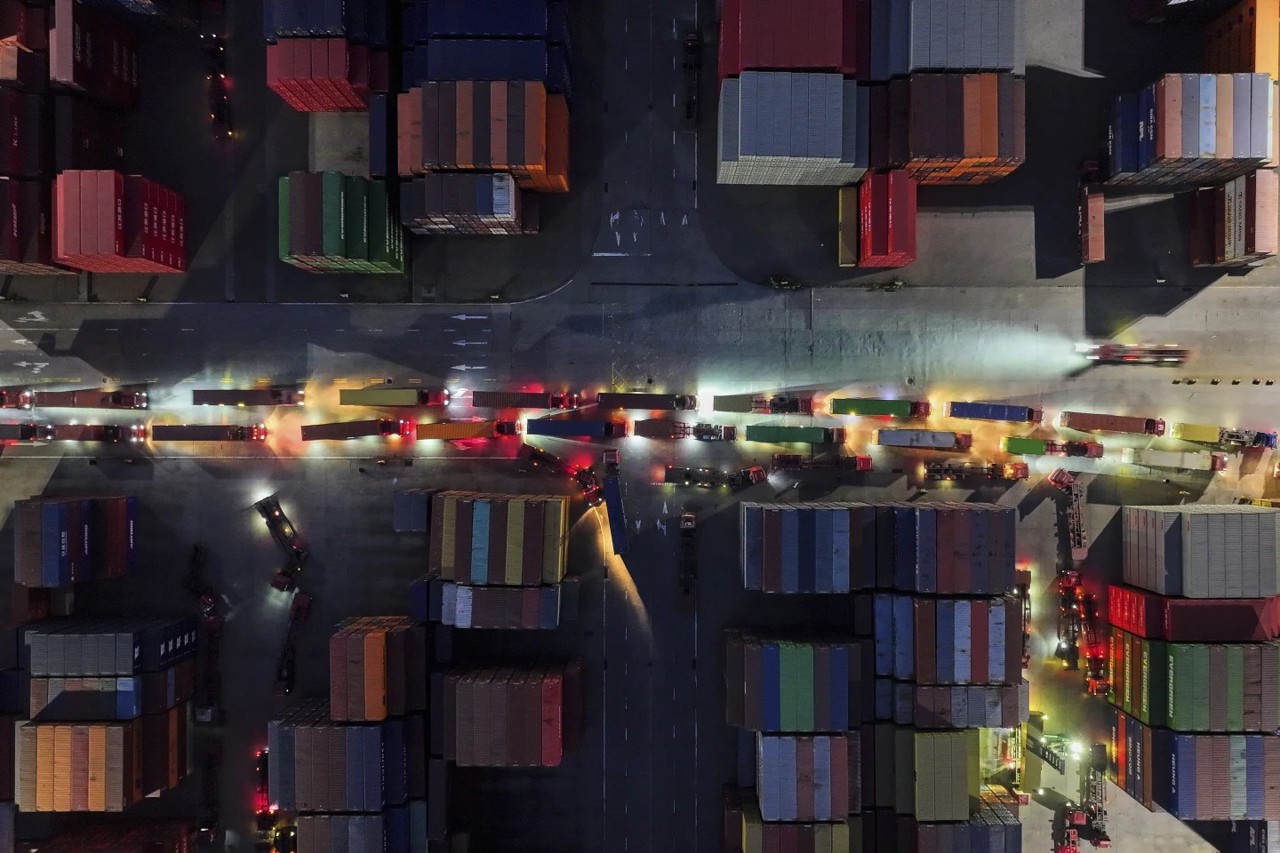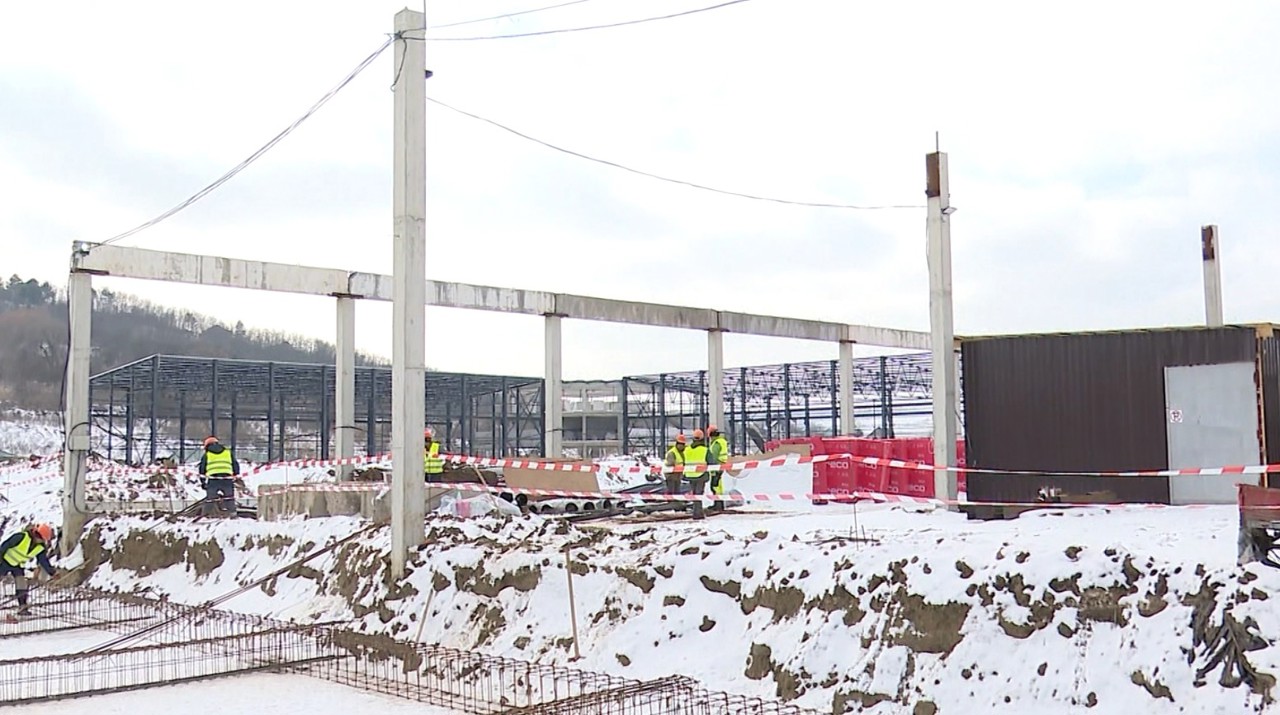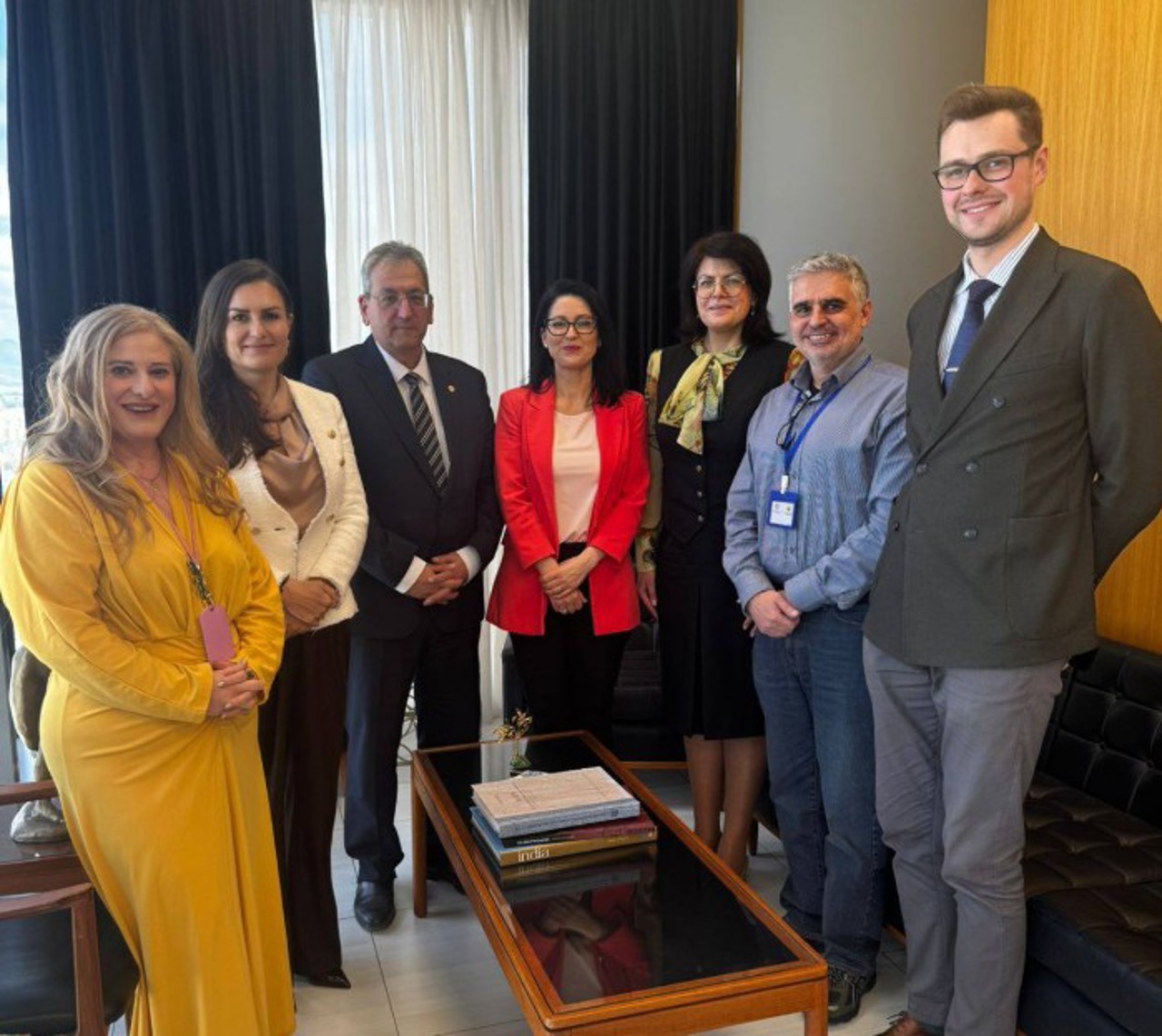Moldova at risk from U.S. tariffs under Trump’s trade strategy

The Republic of Moldova is at risk of serious economic fallout due to new tariffs introduced by the Trump administration as part of its “America First” trade strategy, the United Nations Conference on Trade and Development (UNCTAD) has warned.
In a recently published report, UNCTAD calls on the United States to exempt the world’s smallest and most economically vulnerable nations—including Moldova—from the newly imposed tariffs, which it deems disproportionate and economically unjustified.
Moldova is one of 28 countries that account for less than 0.1% of the U.S. trade deficit, yet are targeted by “reciprocal” tariffs reaching up to 50%. According to UNCTAD, Moldova specifically faces a 31% tariff.
“This is a critical moment to reconsider how these vulnerable economies are being treated. The tariffs offer virtually no benefit to the United States’ trade objectives, yet may inflict substantial harm on these nations,” the report states.
The tariffs, officially introduced in April 2025, have been temporarily suspended for 90 days. However, the U.S. administration intends to reimpose them unless favorable negotiations take place. The measure directly affects countries such as Laos (48%), Myanmar (45%), Madagascar, and Moldova, whose exports to the U.S. are primarily agricultural and textile-based products.
Moldovan exports to the United States totaled $90 million in 2024—representing just 2.5% of the country’s total exports. According to UNCTAD experts, this modest figure does not warrant the imposition of such stringent trade restrictions.
“Even if import levels from these countries were to remain unchanged, the extra revenue collected by the U.S. would be negligible—less than 0.05% of total customs revenue,” UNCTAD warns.
The organization urges the United States to take advantage of this 90-day reprieve to reassess its trade stance and shield the most vulnerable nations, including Moldova, from the negative consequences of escalating global trade tensions.
Translation by Iurie Tataru





